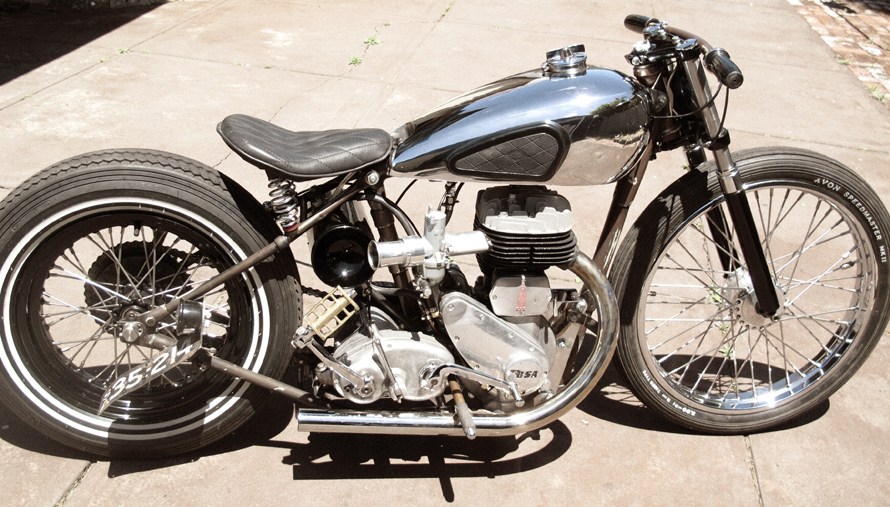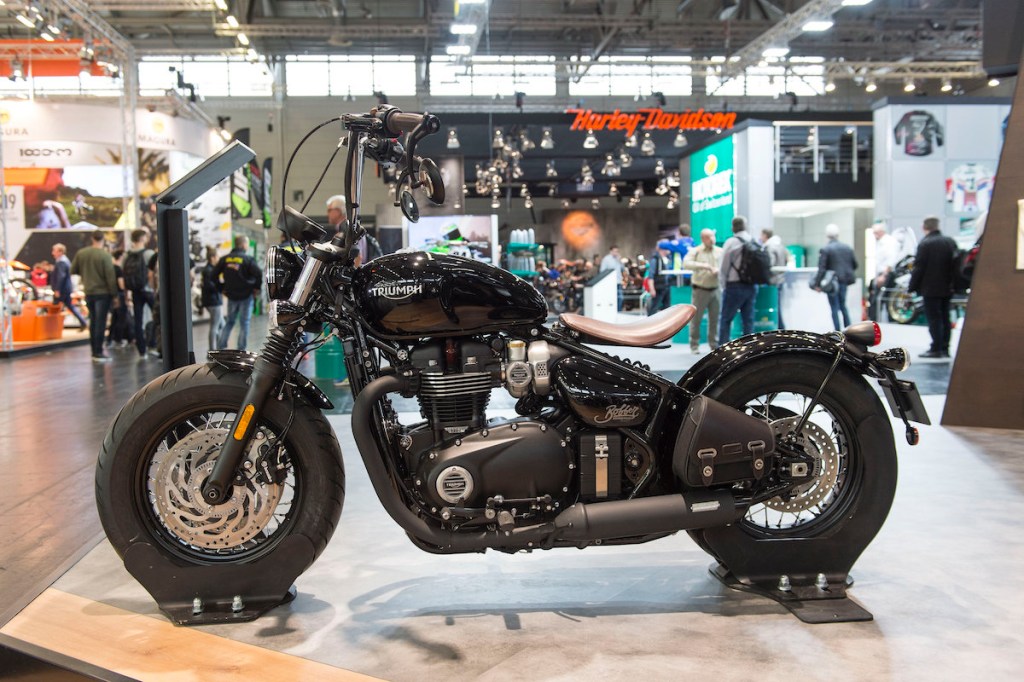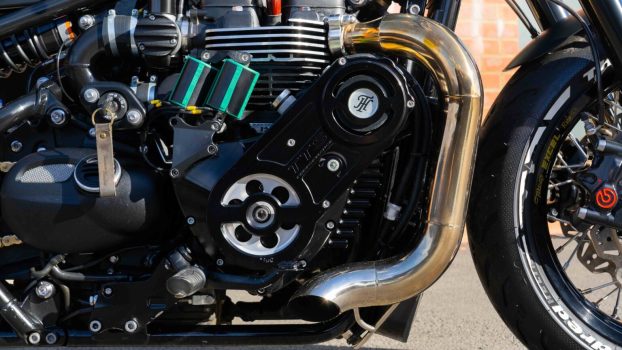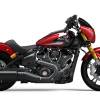
What is a Bobber Motorcycle, And Are They Right For You?
The Bobber has a long and fascinating history. As with many custom car, truck, or other motorcycle culture, choppers and bobbers are uniquely and beautifully American. These bikes are custom motorcycles that focus on a stripped-down look that adheres to a general kind of homemade aesthetic. Though recently, many motorcycle companies have started making factory “bobber-style” bikes. Let’s take a closer look at what bobbers are, where they came from, and if they are the right motorcycle for you.
What is a bobber motorcycle?
In the 1920s, the motorcycle industry was still fairly fresh, and people were trying to figure out how they could engage with it. In order to drive a faster and lighter motorcycle, riders were stripping off parts and cutting parts of the frame and bodywork. The term bobber comes from “bobbing” a bike’s fenders by cutting them shorter. There seems to be a connection between the “bob” haircut and the bobber term, but who knows for sure?
These hardcore bikers wanted lighter, faster motorcycles. Unlike hotrods or other such custom vehicles, bobbers were built largely with hand tools, little training, and in a garage. The idea was to make the simplest, fastest bike with as little money as possible. While bobbers are pretty old, it wasn’t until the 1950s that regular people started seeing these things. SlashGear references “The Wild One” as one of the earliest depictions of bobber culture on the big screen.
What’s the difference between a Bobber and a Chopper?
While Bobbers share some similarities with Choppers, the former was a simple and crude way to improve performance; the latter often sacrificed performance for style and aesthetics. Choppers really took shape in the late ‘60s and into the ‘70s. Where bobbers are often stripped and short, choppers are often much flashier and longer. The common practice was to “rake” out the front forks by adding a much longer front suspension and shortening the rear. One of the most iconic examples of a chopper is the Captain America bike from “Easy Rider.”
Should you buy a bobber?

While it may seem like bobbers are a thing of the past, the truth is their history is still being written. Bobbers have never been more popular than they are today. Brands like Triumph, Indian, and Harley all make brand new factory bobbers that are made to look like the old homemade bikes but without the choppy saw marks. That said, there is a bit of an oxymoron happening by buying a “new bobber.” This gets into the more purist side of motorcycles, which we don’t need any more of, but there is something to this point. Bobbers were born from big imaginations and a lack of options. Buying a new one defeats some of that, but at the same time, you could argue that now there are just more options. I can’t find much wrong with that.
Bobbers probably aren’t the best style of bike for newer or even intermediate bikers. Granted, the new factory-made bobbers are a world of difference from the hard-tailed crusties from the old days, but even still, they tend to have a bit of a harder ride, a more aggressive stance, and can be very powerful.
Custom motorcycle culture is messy yet rich. The history of the market is exciting and wild. As such, the ones who care about it tend to embody many of those same descriptors. Unlike cars, trucks, and SUVs, there is no such thing as buying the motorcycle you need. Motorcycles are special because they fill a different gap, a better, more fun gap that only intersects practicality if you care to have it do so. Unlike other machines, practicality is not a requirement. In fact, it may be antithetical to the entire ethos of motorcycles.





